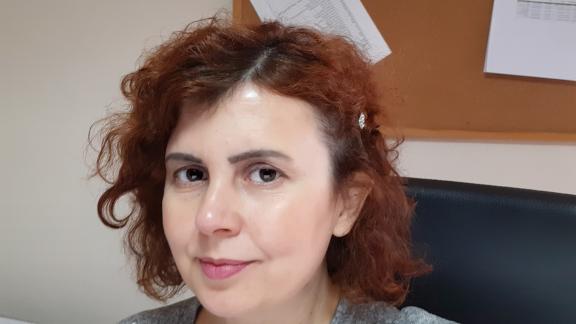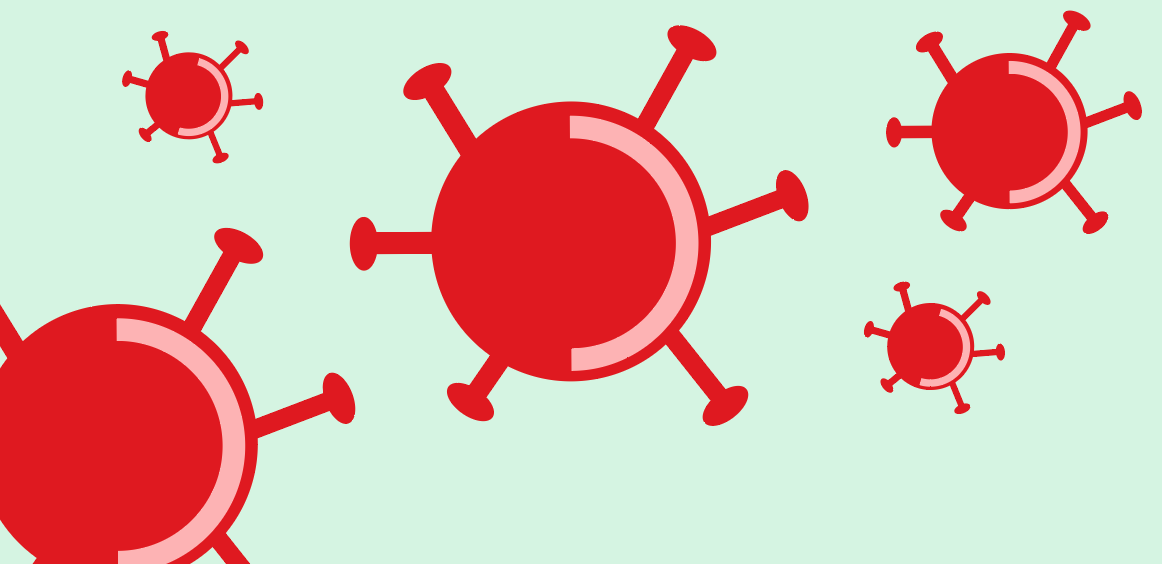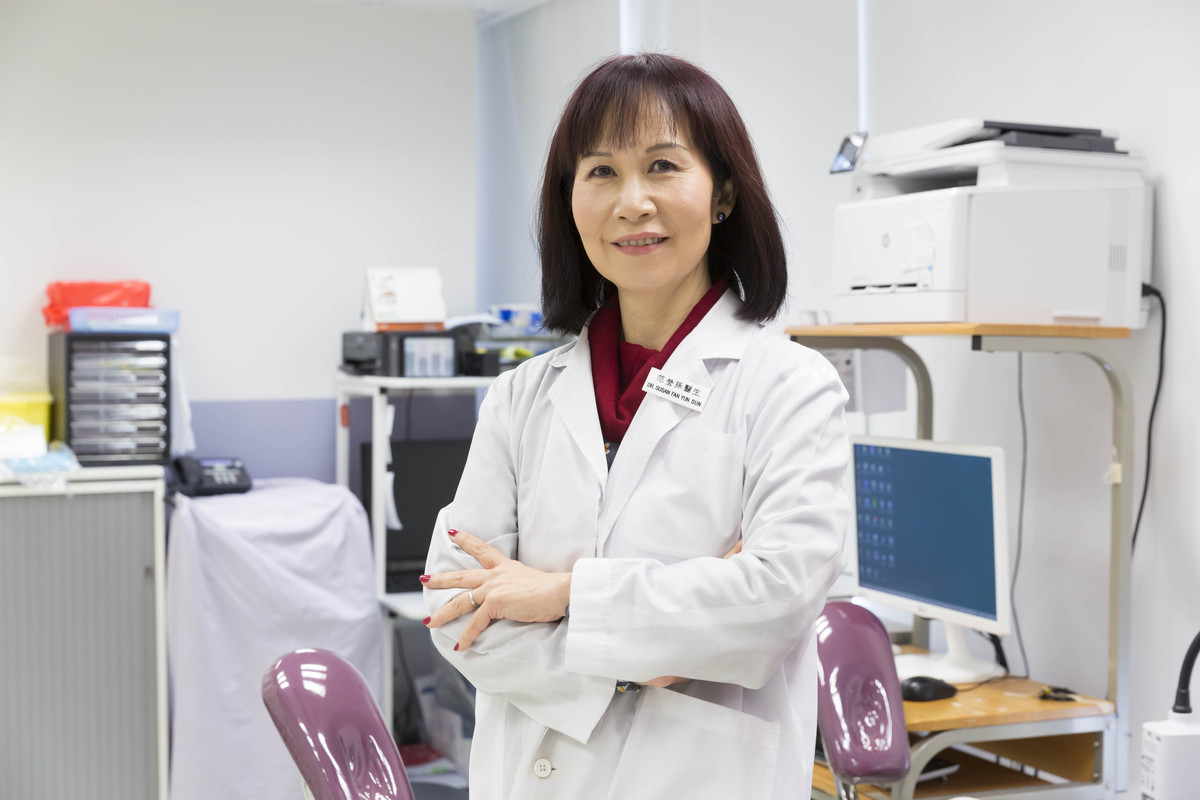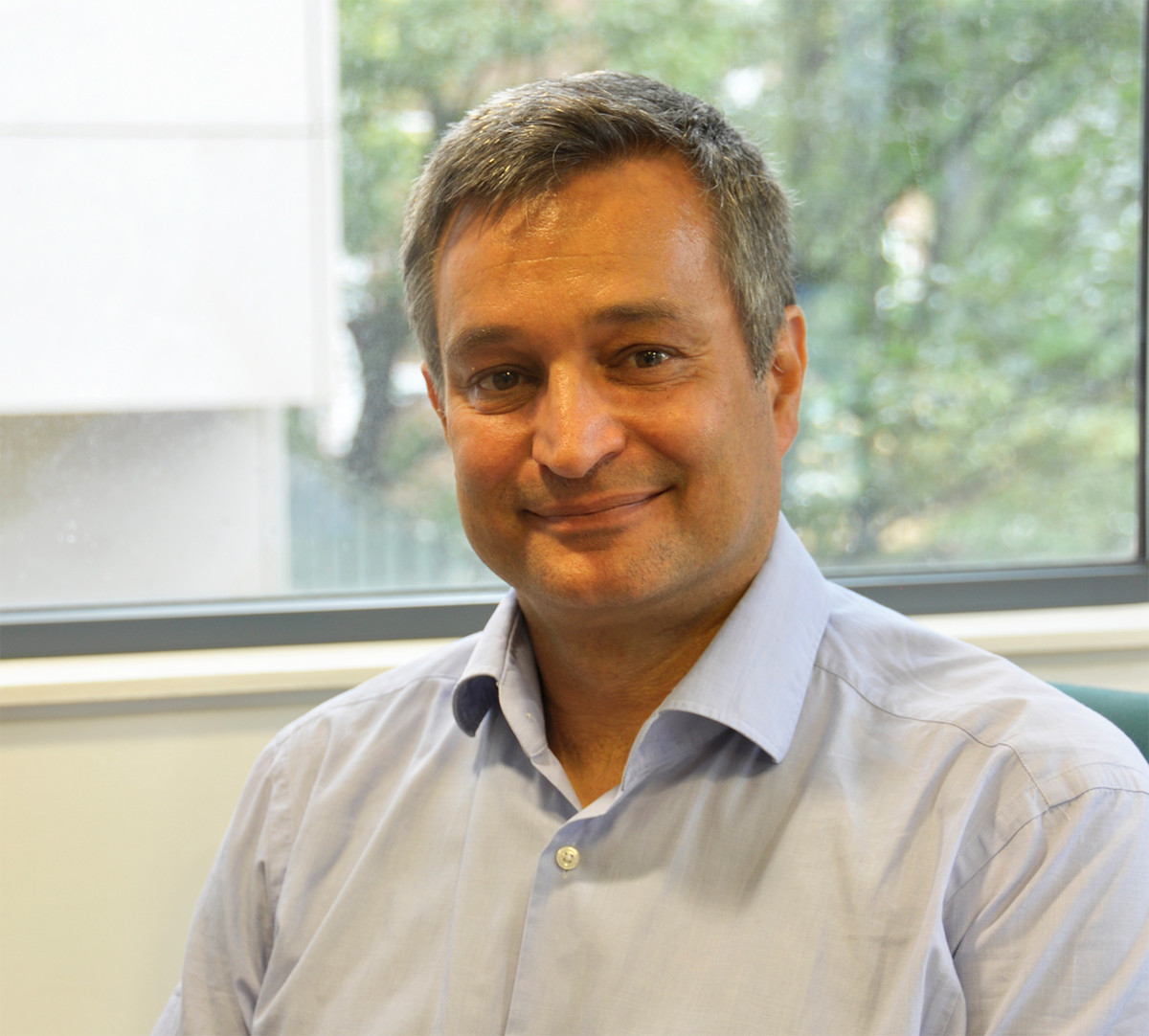An interview with Bruna Hylviu, the Executive Director of Albania Center of Population and Development (ACPD) on the impact of COVID-19.
How has Albania been affected by coronavirus?
Albania has entered COVID-19 lockdown since 13 March. According to the government war law, there are restrictions that allow people and cars to only travel between 5am until 1pm from Monday to Friday. Essential activities are also limited only to these designated hours.
As of 7 April, there are 377 infected people and 21 deaths. The state has limited budget, human resources and medical supplies to address the situation related to COVID-19, but recently a fund from the EU and donations from other countries have been dedicated to COVID-19 response.
What impact is coronavirus having when it comes to sexual and reproductive health services?
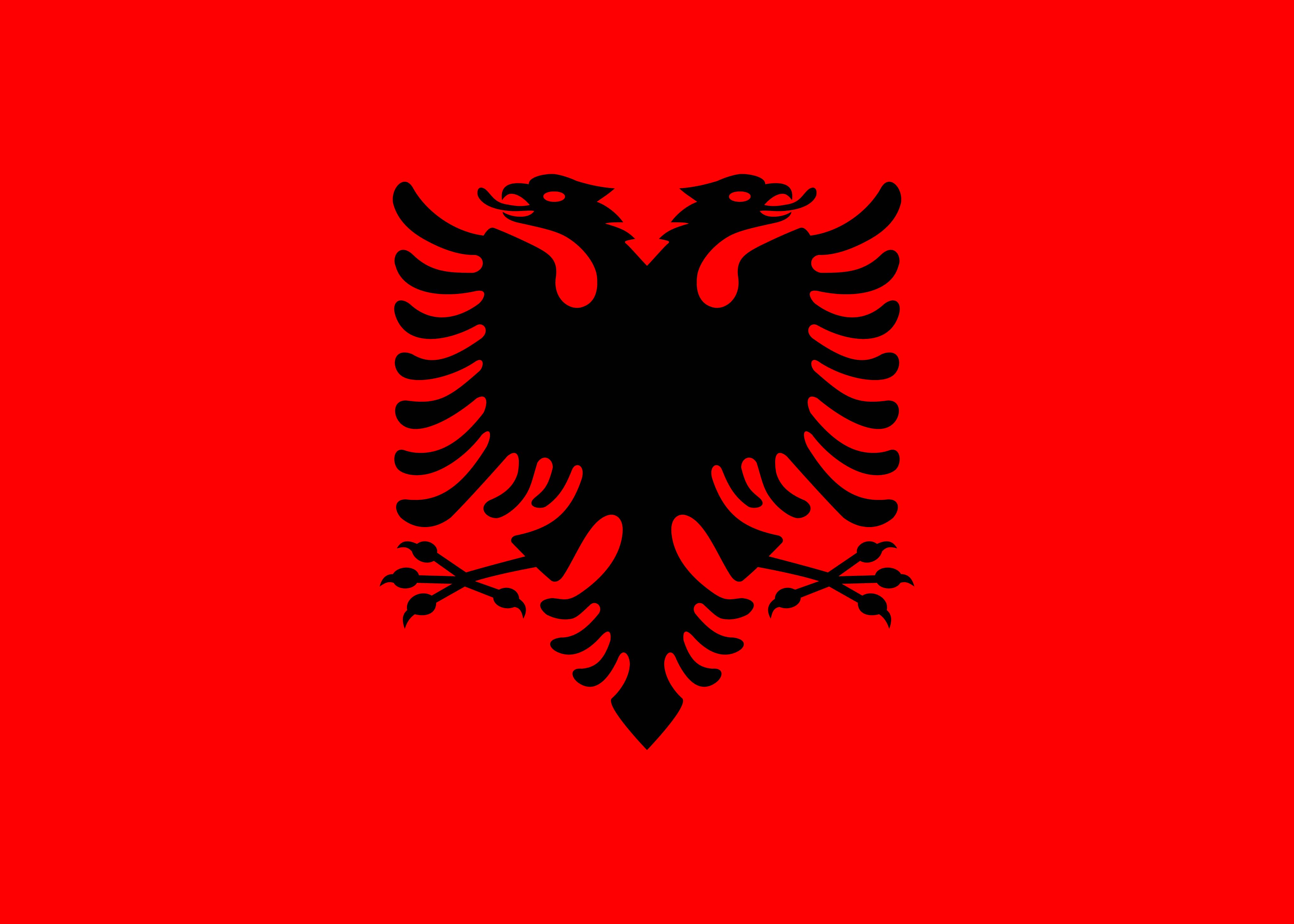
Following the containment strategy implemented for the entire country, for almost three weeks the government has announced today the introduction of mass testing for the most at-risk populations and contacts of confirmed cases in order to manage the virus outbreak.
However, the government have to make public announcements related to financial plans to strengthen COVID-19 preparedness and response. The virus outbreak is stretching an already strained health system and raises question over whether everyone can get equal access to treatment. The entire healthcare system is somehow working within the timetable set by the government, limiting the ways to access healthcare services including sexual and reproductive health.
Until now there have been no clear decisions/statements about the financial and operational measures taken or to be taken by the government to address the situation (for example, a dedicated budget, number of beds available/plans to buy kits, laboratories, respiration devices etc.).
Albania’s main strategy at the moment is the containment of the entire population, a poor system of case-finding, contact tracing management, and testing.
What services have been the worst hit so far?
HIV and STI tests, contraception, abortion care, cervical cancer screening and testing, gynaecological visits, and sexual and gender-based violence services are all in decrease. This is for several reasons, from limited opening hours, lack of precautions and protocols in place, lack of demand related to fear of people getting the virus, and lack of trust in the healthcare system protection measures in place.
Are frontline staff still able to go into the community?
There are frontline healthcare workers that provide COVID-19-related services for the entire population, but they continue to work in very challenging conditions; they are concerned about the shortage of personal protective equipment that might endanger their life. The service is centralized in capital city, Tirana.
We have closed our static and mobile clinics for the safety of our healthcare staff, our vulnerable clients, and entire community. We are providing SRH (sexual and reproductive health) counselling via Skype and WhatsApp, and sensitization of the public about the effects of COVID-19 to SRH and gender inequalities through our website and social media. We are also providing information and articles about how coronavirus is affecting victims of gender-based violence, tips for pregnant women, how COVID-19 impacts people seeking abortion care etc. We are referring to the World Health Organization's website and to IPPF resources to disseminate messages among the community, partners through the web, social media and email.
What are you doing to keep providing services to people in Albania?
We are putting efforts to deliver SRH services for emergency situations, for women who have undergone abortions, and victims of gender-based violence. We are also focusing on contraceptive care, people who need HIV testing and counselling or pregnancy tests, as well distributing condoms for the most at-risk populations. These are offered by the nurses in the clinics or outreach people who schedule their time based on the demand of our beneficiaries and restrictions set by the government and respecting social distancing, equipped with masks and gloves. Otherwise all counselling and consultation services are transferred online via WhatsApp, Skype and phone provided by the gynaecologists of two ACPD clinics.
What message do you have for people and your staff in Albania when it comes to sexual and reproductive health and rights (SRHR) and coronavirus?
We are carrying on our work together through advocacy, information, and education to ensure access to SRH and to respond to gender-based violence at a time when women and girls need these services most. I want to thank staff and volunteers for making great efforts to enable SRH care even in the time of COVID-19.
when
country
Albania
Related Member Association
Albanian Center for Population and Development







